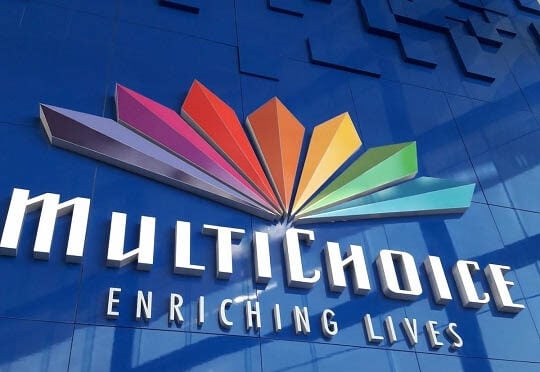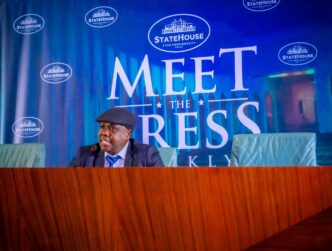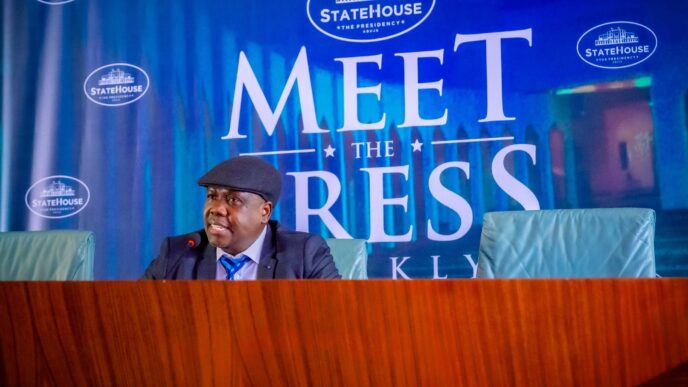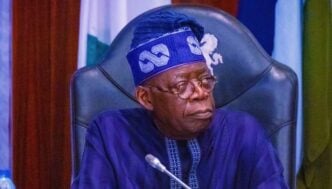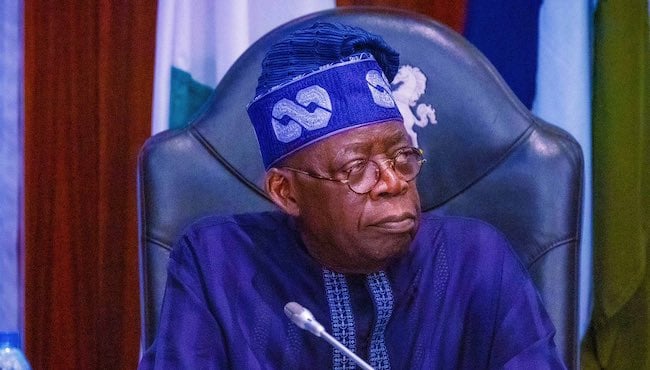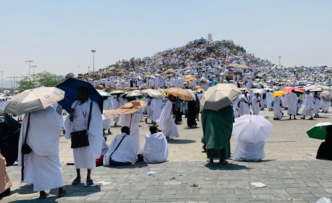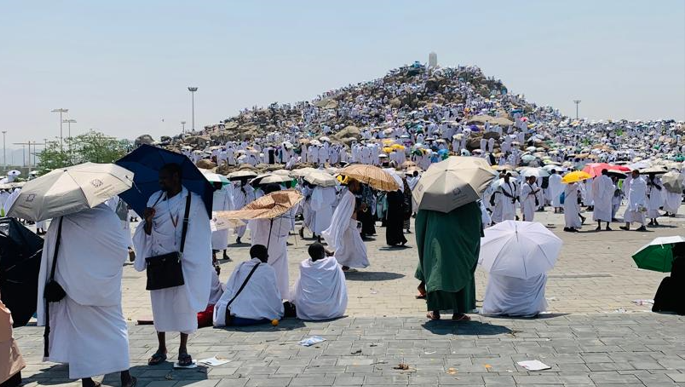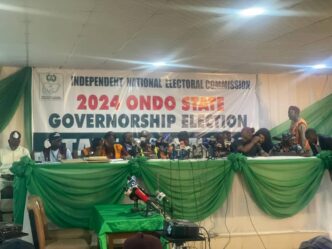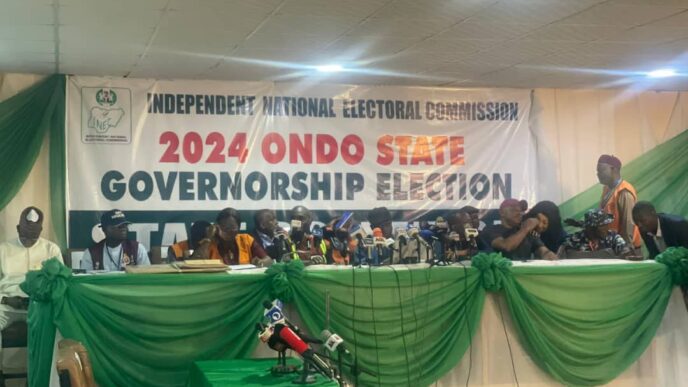For most of last week, Multichoice was in the news. The organisation that has dominated PayTV business in Nigeria for over three decades, is facing consequential financial atrophy, having lost 243,000 subscribers across its DSTV and GOtv platforms in just six months, from April to September this year, as disclosed in its Interim Financial Reports.
This has generated a swirl of reactions from a public that has little or no sympathy for an organisation they have often accused of fleecing them of their hard-earned but very scarce resources. For some of these people, it’s like nemesis coming home to roost and they can’t wait to see the damaging effect of a deserved poetic justice.
Weeks earlier, there was an event in Lagos obliquely related but enjoyed little media attention, unfortunately. The Independent Broadcasters Organisation of Nigeria (IBAN), a collection of private broadcasters, invited Prof. Armstrong Idachaba, to speak to its members on the Benefits of the Digitization of Broadcasting.
Good thing to do. The organisation now headed by Mr John Momoh, founder of Channels Television, made the right choice. But how do you invite a speaker who would show no emotions to your concerns but remains strictly on a path to say things that may be too uncomfortable to accept?
Advertisement
Until a few years ago, Idachaba was the chief regulator at the National Broadcasting Commission (NBC), who knew too much about the system, having worked with the agency as a young graduate, that the government of the day refused to reward his knowledge of broadcast regulation with the leadership of the institution. All the while, he built capacity in self to become a professor and dispensed broadcast scholarship across some Nigerian institutions. Sometimes, the system looks for nincompoops to manage sensitive institutions for easy manipulation, and that is the reason such institutions are failing across the nation.
I have looked at his presentation with one conclusion in mind: that nobody can say the Nigerian Government did not prepare for the Digitisation of Broadcasting and the Digital Switchover; instead, the policy document has suffered jeopardy to the extent that reasonable implementation has remained nigh impossible.
One clear point. Money has not been a problem in the implementation process, surprisingly. So far, N53bn has been spent and there is nothing to show for all that money.
Advertisement
Here are some more snippets from the paper. The Digital Switchover decision was taken at an ITU meeting in Geneva 2006 (GE06), setting June 12, 2015 for Switchover to be completed. The Nigerian Government instituted a Presidential Advisory Committee (PAC) on the transition in 2007. The reports of the Committee were approved by 2013, two years to the implementation deadline.
The policy document spelt out the nature of broadcasting – Terrestrial Television, PayTV, Satellite TV, including the role of everybody or organisation involved in the value chain of implementation – Honourable Minister of Information and Culture (then), DigiTeam set up by the President, National Broadcasting Commission, Set Top Box (STB) Manufacturers, Signal Distributors, Broadcasters, and Inview Nigeria/Renmore.
Years down the line broadcasters are looking for their own benefits within the value chain, prompting them to seek the help of a professor who is enjoying the peace and little liberty of an academic at Veritas University, Abuja.
This is what Idachaba says of the broadcasters. “I guess this group is confused – they are unable to gain advert leverage – some have invested in digital technology – huge amounts vested on equipment – they are paying Signal Distributors, Aggregators, Satellite Providers and Content Producers. They pay several taxes to government – local, state and federal, they have huge expectations. They are paying licence fees as well. Wage bill isn’t reducing but expectations are unclear. In the last two months, their channels have been off air,” Idachaba said without equivocations.
Advertisement
This is not to diminish their efforts, contributions and understanding of their operations but to stress matter-of-factly that broadcasters have been holding the short end of the implementation stick without much gain to them.
I want to suggest that the kernel of the paper was given at the beginning where he explained the reason the DSO has not worked in Nigeria.
“It is indeed worrisome that some of the value driven aspirations and dreams of the DSO are yet to be actualised – owing to my mind on a myriad of issues – mostly lack of focus, self-centredness, corruption, greed, and regulatory interference, even capture. Consequence of this is that the project has suffered several drawbacks, negative perception, lack of integrity and low results. Many stakeholders have been shortchanged, and left in the lurch. It is my earnest desire and prayer that we ignite the valuable potentials of the DSO to the benefit first and we stakeholders,” Idachaba submitted.
Quite a lot of benefits to everybody – freed up spectrum to be sold at premium rates as revenue to government, create vast opportunities for creatives – Nollywood, entertainers and other content makers to fill lots of channels with digital content, opportunities for ancillary industries, and just a win-win for everybody that has a relationship with the broadcast industry.
Advertisement
However, the benefits remain a mirage, although Idachaba encourages the broadcasters to be hopeful. However, permit me to add here that in spite of the factors he listed as sabotaging the DSO implementation, there are subterranean forces also fighting the process, to ensure the implementation self-aborts. The government must be courageous enough to sniff it out and nip it so that there can be a leap in the implementation.
Apart from what you will say about Multichoice, about their increases in subscription with the arrogant display of a monopoly which ordinarily Multichoice shouldn’t be, the organisation is also fighting forces in the shadows, just like the DSO.
Advertisement
Trouble has been pouring in for Multichoice as with other organisations and individuals in the country. Apart from the plunge in subscription, inflation remains bullish as the Forex marketing continues to be volatile. Within the period, Multichoice lost a hefty $21m to the failure of Heritage Bank. Remittances have also plummeted from $91m to $65m.
There are other factors. Rise in subscription has pressured subscribers into looking at other options and opportunities. Availability of the Internet and diverse digital terminals have also influenced consumer preferences while providing more readily available choices.
Advertisement
But there is another silent competition, a real market bogey. The Over-The-Top (OTT) operators like Netflix and Iroko TV, among others, are eating away at the market Multichoice has created and dominated over the years. The OTT players don’t have market presence and facilities in some of the markets they operate in, but can send signals from anywhere to cause heavy investors serious headaches.
There is also the hatred for Multichoice which I believe is misplaced. I am here appealing that we be a little analytical and critical in our understanding and appreciation of the Nigerian market. The major telecommunications operators – MTN and Airtel – are reporting hefty losses. Many corporates are taking a scram from Nigeria while power supply is diving to an intolerable low. We are creating the kind of market situation that will discourage investors from looking our way. I think this government should wisen up and face reality.
Advertisement
Views expressed by contributors are strictly personal and not of TheCable.
Add a comment

